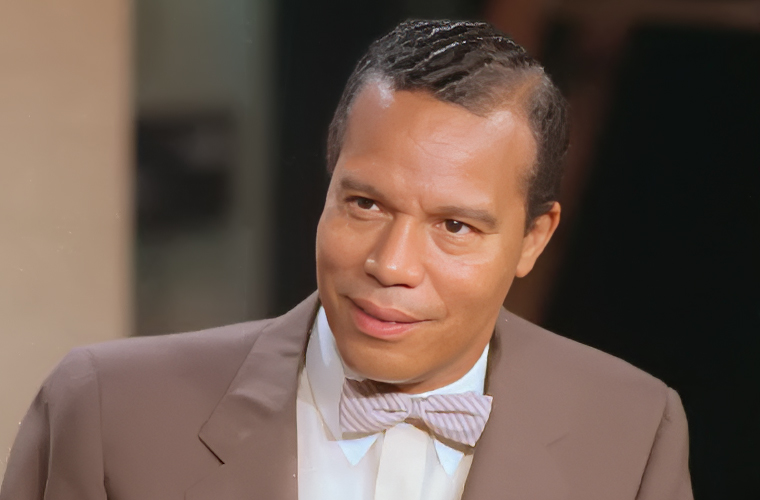Louis Farrakhan is an American religious leader, activist, and the national representative of the Nation of Islam. Born Louis Eugene Walcott on May 11, 1933, in The Bronx, New York City, he later changed his surname to Farrakhan after joining the Nation of Islam. Throughout his life, Farrakhan has been a controversial figure, known for his outspoken views on race, politics, and religion.
Farrakhan’s early life was marked by his involvement in music and education. He studied at Winston-Salem Teachers College in North Carolina and later at the Boston Latin School. He also pursued a music career, becoming a calypso singer and violinist. However, it was his encounter with the teachings of Elijah Muhammad, the leader of the Nation of Islam, that would ultimately shape his future.
In 1955, Farrakhan joined the Nation of Islam and quickly rose through the ranks due to his powerful oratory and organizational skills. After Elijah Muhammad died in 1975, Farrakhan became the national representative of the organization. Under his leadership, the Nation of Islam continued to advocate for black empowerment, self-reliance, and separation from mainstream American society.
Throughout his career, Farrakhan has been a polarizing figure, drawing both praise and criticism for his views and actions. He has been known for his fiery rhetoric and controversial statements on various issues, including race relations, Jewish people, and American politics. His speeches have often sparked controversy and led to accusations of anti-Semitism and hate speech. Despite the controversies surrounding him, Farrakhan has also been involved in various social and political causes. He has been a vocal critic of systemic racism and inequality in the United States and has advocated for social justice and economic empowerment within the black community. He has also organized and participated in various community outreach programs, including anti-violence initiatives and youth development projects.
In recent years, Farrakhan’s influence has extended beyond the Nation of Islam, as he has become a prominent figure in the broader African American community. His speeches and public appearances continue to draw large audiences, and he remains a polarizing but influential voice in American society.
As Farrakhan’s legacy continues to be debated, it is clear that he has left a significant impact on the religious, social, and political landscape of the United States. Whether viewed as a champion of black empowerment or a divisive figure, Louis Farrakhan’s influence is undeniable, and his legacy will continue to shape discussions on race, religion, and activism for years to come.


